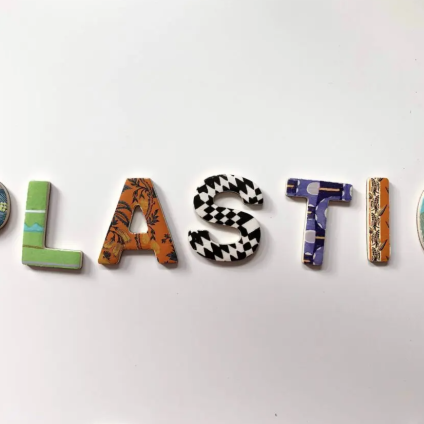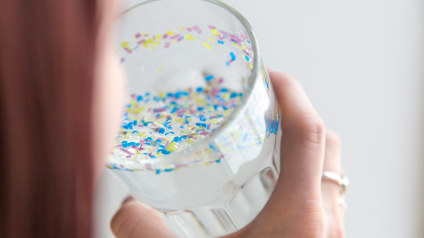The production of ever-increasing volumes of plastic is the number one problem. Between 1950 and 2019 the pace grew 250 times, so much so that half of the plastic produced was generated after 2002
The study is published in the medical journal Annals of Global Health
The levels of production, use and end-of-life management of plastics globally not only “are not sustainable”, but are also “responsible for significant damage to human health” and create “profound social injustices”. This is the first study to analyze the impact of plastic on health in a systematic way and taking into account the entire life cycle. The harmful effects on humans include cancer, lung disease and birth defects.
The main problem is still production
The authors point the finger at the production of ever-increasing volumes of plastic: this is the number one problem. In the study published in the medical journal Annals of Global Health, they point out that “the main cause of this worsening of damage is the almost exponential and still accelerating increase in global plastic production“. Since the end of World War II, 9.3 billion tons of plastics have been produced worldwide. Between 1950 and 2019 the pace grew 250 times, so much so that half of the plastic produced was generated after 2002. And the disposable one is still 35-40% of the total.
What is the impact of plastic on health?
The dossier puts in line all the main pathologies that are found in man because of the activities that compose the life cycle of plastic. Starting with the extraction of hydrocarbons to produce it: coal, crude oil and gas workers suffer from pneumoconiosis, silicosis, cardiovascular disease, chronic obstructive pulmonary disease and lung cancer. Those operating in the production segment are at greater risk of developing leukemia, lymphoma, hepatic angiosarcoma, brain cancer, breast cancer, mesothelioma, neurotoxic lesions and reduced fertility.
Read also Microplastics found in human blood for the first time
Plastic tissue manufacturers have higher than normal mortality rates for bladder cancer, lung cancer, mesothelioma, and interstitial lung disease. Plastic recyclers have higher rates of cardiovascular disease, toxic metal poisoning, neuropathy, and lung cancer. Those who simply live near the production and recycling plants have a higher risk of premature births, low birth weight, asthma, childhood leukemia, cardiovascular disease, chronic obstructive pulmonary disease and lung cancer.
Other health impacts of plastics concern the dispersion into the environment of the toxic chemicals in the plastic, in particular the endocrine disrupter additives, but also children in the first years of life and during the gestation phase in utero.













